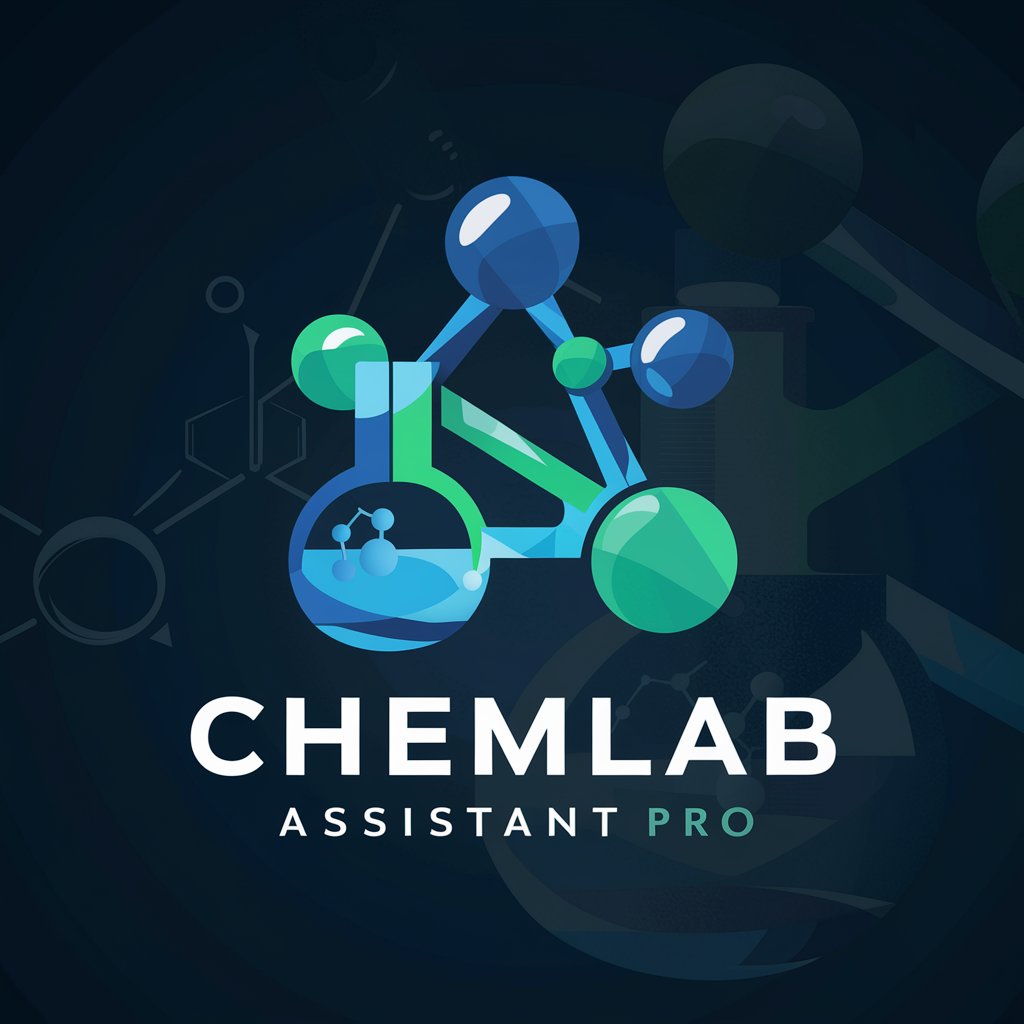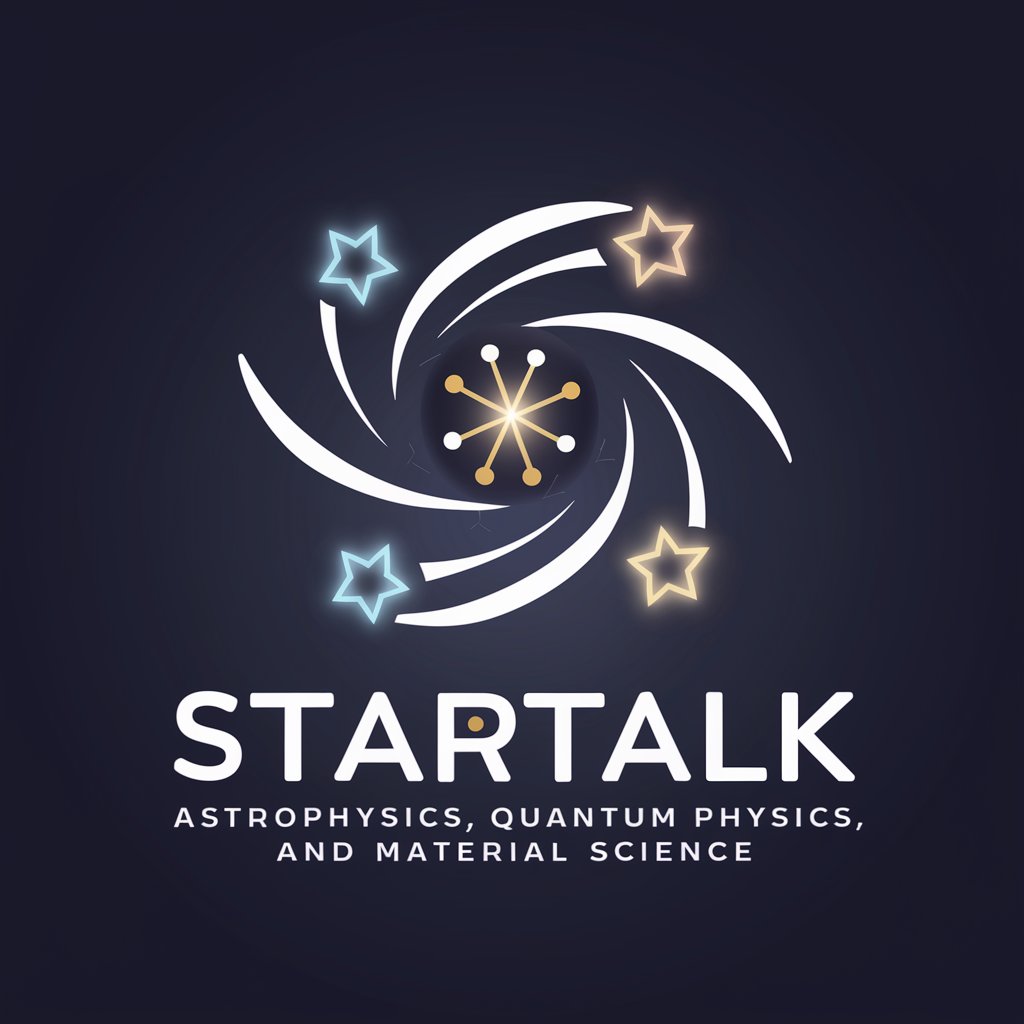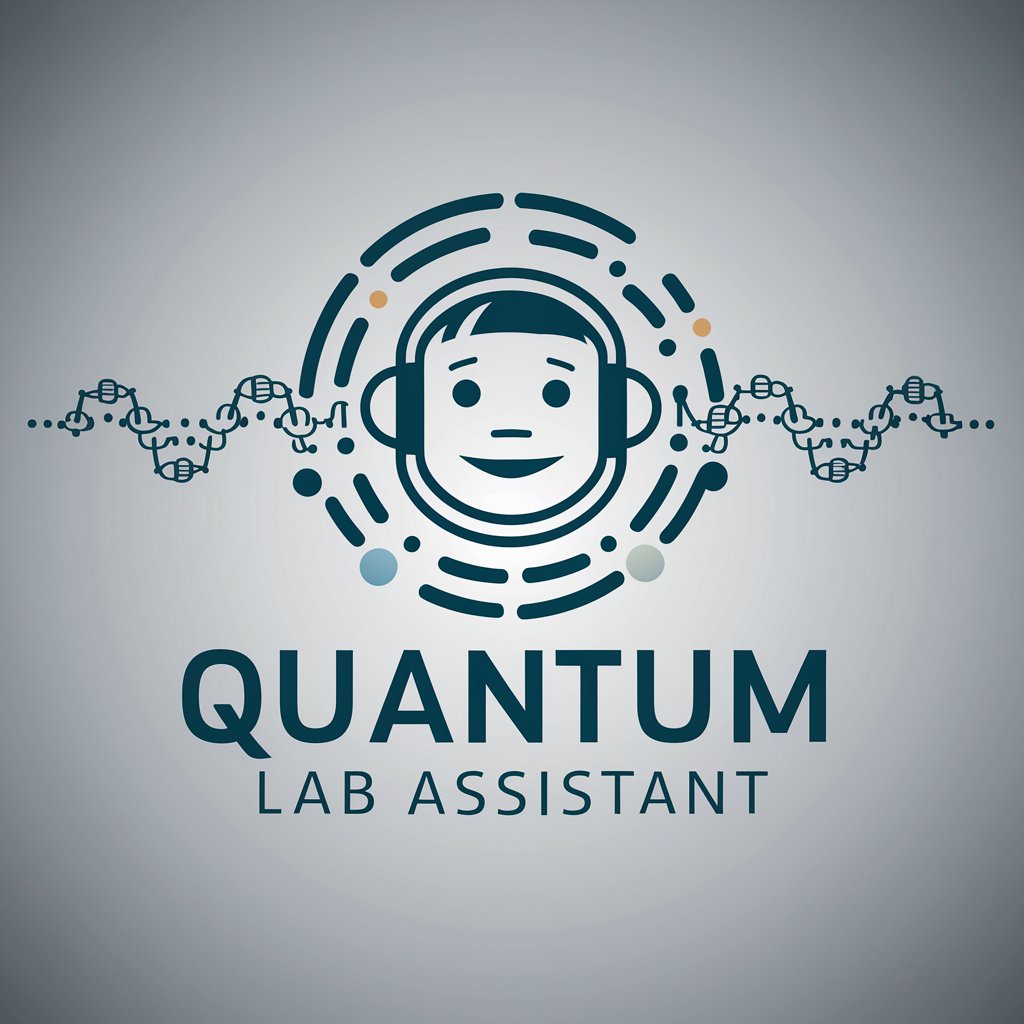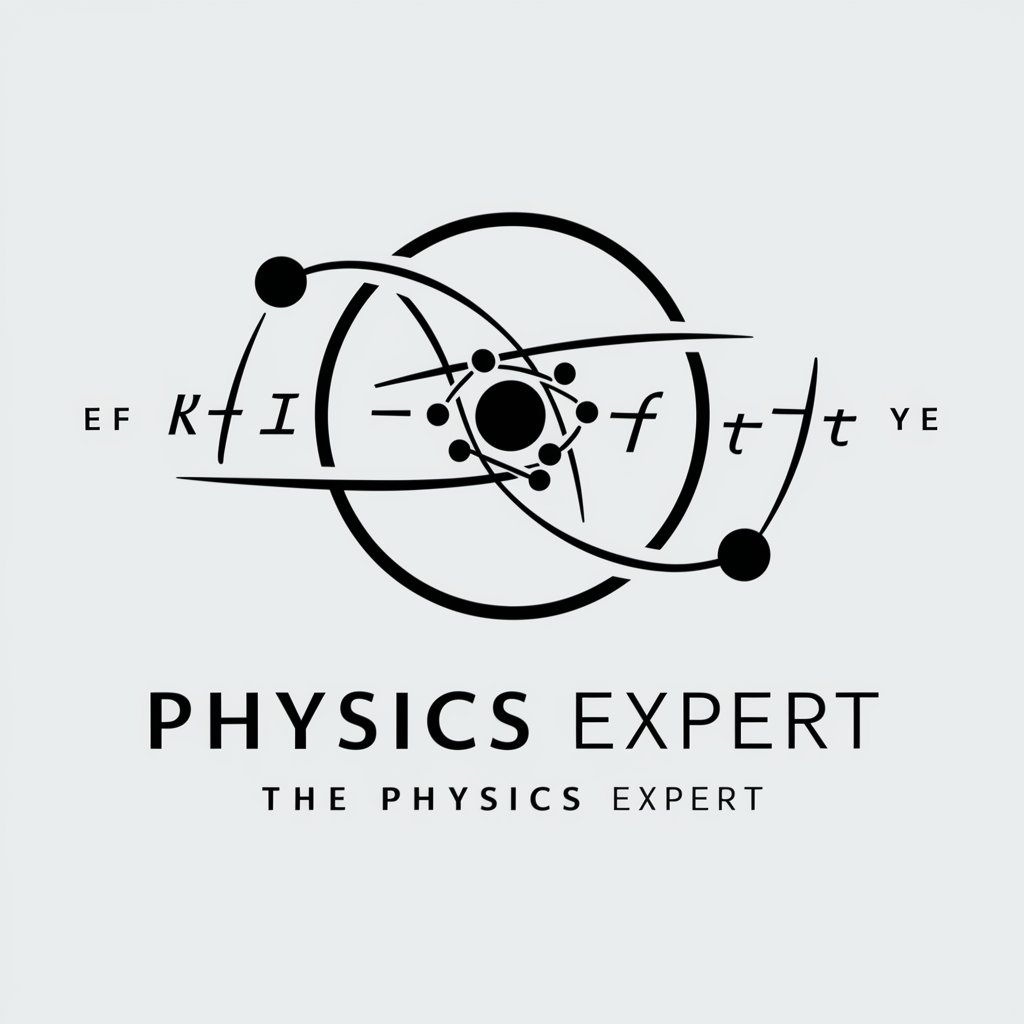
🌌 Subatomic Analysis Expert 🧬 - Particle Physics Insights

Unraveling the Quantum World with AI
Help
Daily Briefing
I Want My Own GPT!
Feedback
Explain the concept of quark confinement
Design a theoretical experiment for detecting Higgs boson particles
Generate an image of a particle collision in a particle accelerator
Get Embed Code
Overview of the ParticlePhysicist GPT
The ParticlePhysicist GPT is a specialized AI designed to assist users in understanding the intricate theories of particle physics, simulate subatomic particle experiments, interpret data from particle accelerators, and provide educational information on quantum mechanics and related fields. It is tailored for individuals seeking to dive deep into the world of particle physics, offering insights into the standard model, quark confinement, boson interactions, and more. For instance, it can elucidate the Higgs boson's role in particle mass or simulate the outcomes of particle collision experiments, providing a virtual platform for exploration and learning. Powered by ChatGPT-4o。

Key Functions of the ParticlePhysicist GPT
Educational Explanations
Example
Explaining the significance of the Higgs field in imparting mass to fundamental particles.
Scenario
A physics student struggling with the concept of mass generation in particle physics can receive a simplified, yet comprehensive explanation, along with visual aids to enhance understanding.
Simulation of Experiments
Example
Simulating a proton-proton collision in a particle accelerator.
Scenario
Researchers or students can design theoretical experiments, input parameters, and receive detailed predictions of outcomes, aiding in hypothesis formation or educational purposes.
Interpretation of Particle Accelerator Data
Example
Analyzing collision data to identify evidence of quark-gluon plasma formation.
Scenario
Physicists analyzing real-world data from accelerators like the LHC can use this function to simulate and interpret complex data sets, possibly discovering new particles or phenomena.
Ideal Users of the ParticlePhysicist GPT Services
Physics Students and Educators
Students learning particle physics and educators teaching the subject can use this GPT to explain complex concepts, simulate experiments, and enhance classroom learning with interactive content.
Research Scientists
Scientists working in the field of particle physics can leverage the GPT's capabilities for simulating experiments, brainstorming research ideas, and interpreting data from particle accelerators, facilitating advancements in research.
Science Enthusiasts
Individuals with a keen interest in physics, even without a formal education in the field, can explore fundamental particles, forces, and the universe's underlying structure, making advanced scientific knowledge accessible to all.

How to Use the Subatomic Analysis Expert
1
Start with a free trial at yeschat.ai, no ChatGPT Plus required.
2
Identify your question or area of interest related to particle physics to get the most relevant assistance.
3
Utilize the detailed prompts feature to specify your query for tailored and comprehensive explanations.
4
Review the generated responses and images for insights and clarifications on complex subatomic phenomena.
5
For advanced queries, consider multiple sessions to explore different facets or deeper layers of your topic.
Try other advanced and practical GPTs
🌿 EcoGuardian Habitat Helper 🦉
Empowering Wildlife Conservation with AI

🧠 CognitiveCompanion Experiment Assistant
Empowering Cognitive Science Research with AI

🌏 GeoGrapher: Mapping Insights 📊
Empowering insights through AI-driven mapping

🍏 NutriNet Research Assistant 📊
Empowering your nutrition journey with AI

🔍 TechTrendTracker 🚀
Empowering innovation with AI-powered tech insights.

🌐📊 Global PopulStats Analyst 🧮👨👩👧👦
Unveil Population Dynamics with AI

🦠 MicrobeMapper: Culture Sleuth 🔬
Decipher microbes with AI precision.

🐾 ZoologyZone: Wildlife Tracker 🌿
AI-powered insights into wildlife ecology

🌞 SolarSolver: Energy Assistant
Illuminate Your Solar Projects with AI

🌍 EthnoEngine - Ethnographic Study Assistant 📚
AI-powered insights into cultural patterns

🦜 BioacousticBrowser: Animal Chatter 🎶
Decipher Nature's Language with AI

🔮 CrystalCalc Pro: Solid-State Wizard
Empowering research with AI-driven crystallography insights

Common Questions about Subatomic Analysis Expert
What kind of questions can Subatomic Analysis Expert answer?
This tool can handle queries ranging from basic particle physics principles to complex analyses of subatomic particle interactions, including quantum mechanics and the standard model.
Can it simulate particle accelerator experiments?
Yes, it can design theoretical simulations of particle accelerator experiments, offering insights into potential outcomes and phenomena.
How does Subatomic Analysis Expert aid in educational purposes?
It provides detailed explanations, generates illustrative images, and helps in the comprehension of intricate concepts in particle physics, making it a valuable educational resource.
Is this tool suitable for research purposes?
Absolutely, researchers can use it to formulate hypotheses, interpret data, and gain a deeper understanding of experimental results in the field of particle physics.
Can Subatomic Analysis Expert help with practical applications?
Yes, it can explain the applications of particle physics in various fields such as medicine, engineering, and technology, including the principles behind technologies like PET scans and particle accelerators.





